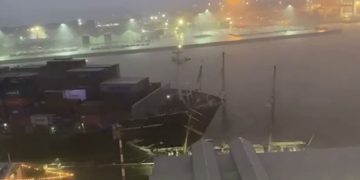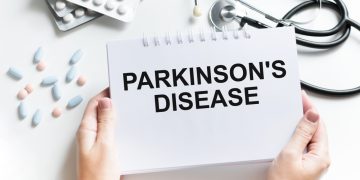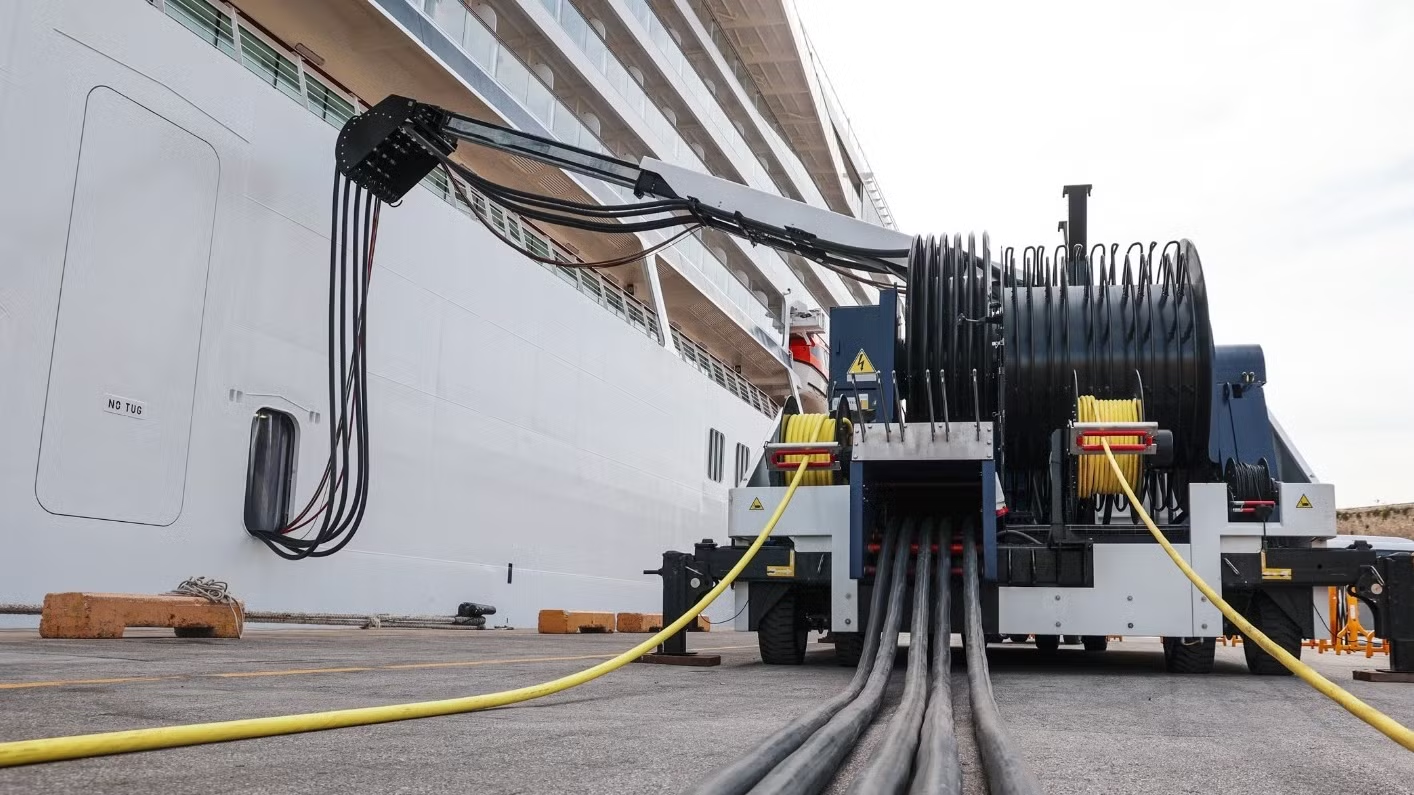The Maritime and Port Authority of Singapore (MPA) has introduced a series of initiatives to strengthen the maritime talent pipeline for both shore-based and seafaring careers.
Several of these were highlighted by Mr. Murali Pillai, Minister of State, Ministry of Law and Ministry of Transport, at the Maritime Manpower Forum – themed “Embracing Change – Shaping the Maritime Workforce of the Future” – during Singapore Maritime Week (SMW) 2025.
New initiatives to upskill the future maritime workforce
#1 The Tripartite Maritime Training Award (TMTA), established in 2009 by the Singapore Maritime Officers Union, announced that to provide better financial support, monthly training allowances will increase from S$1,200 to S$2,200, with co-funding by government agencies and unions. Applications for the TMTA are open, with the next training course starting on 9 June 2025.
#2 To advance research in electric ship technologies, the Bureau Veritas – Singapore Institute of Technology (SIT) Centre for Maritime Electrification (COME) was launched on March 28th at SMW 2025. COME will focus on applied research, industry workshops, students and staff exchanges, and talent development through Industrial Doctorate and Industrial Master programs.
#3 MPA is also working with local institutions of higher learning such as the Institute of Technical Education College Central to develop training programmes for the safe operation of electric harbour craft. These programmes will be offered through the Maritime Energy Training Facility later this year to support the upskilling of the maritime workforce as the industry decarbonises.
#4 To equip the maritime workforce with the skills needed to meet the needs of the industry as it transforms, Singapore is expanding training in domains such as data analytics, artificial intelligence (AI), cybersecurity and sustainability. The MPA-Singapore Maritime Foundation (SMF) Joint Office for Talent and Skills, established in 2024, will support workforce transformation and skills development in these areas.
#5 To enhance maritime drone capabilities, the MPA Singapore and Republic Polytechnic have signed a Memorandum of Understanding to launch a specialised Unmanned Aircraft (UA) Pilot Training programme. This initiative aims to equip MPA and commercial UA pilots with advanced skills for conducting drone operations, including vessel inspections, emissions monitoring, and emergency response activities.
Other developments
MPA is expanding its outreach efforts to raise awareness of maritime careers among students. In the annual MPA maritime censuses conducted with over 1700 companies, employers are seeking to hire for roles in key areas, including data and cybersecurity, marine surveyors and technical superintendents, and sustainability, in 2025.
For mid-career professionals, Workforce Singapore’s (WSG) Career Conversion Programme (CCP) for the Sea Transport Professionals and Associates supports their transition into new maritime roles. The programme provides salary support for companies hiring new talent or reskilling employees in areas such as maritime digitalisation, decarbonisation, and cybersecurity.
As the programme partner of the Sea Transport CCP, the Singapore Shipping Association (SSA) saw a significant surge in uptake in 2024, with half of the year’s placements supporting employee reskilling for jobs that had been redesigned through digitalisation, such as cargo officers and operation managers. Companies are also encouraged to train their workforce in AI and carbon reduction technologies to support maritime digitalisation and decarbonisation initiatives.
To better prepare maritime leaders to seize future opportunities, the Maritime Leadership Programme (MLP), launched in 2021, has been expanded to include leaders from adjacent sectors such as trading and logistics.
As the maritime sector adapts to rapid change, Singapore remains committed to developing a future-ready workforce. By investing in education, skills development, and collaborative innovation, MPA is building a resilient and adaptive maritime workforce that can support continued digitalisation and decarbonisation of the maritime sector, and thrive amidst evolving global challenges.





























































